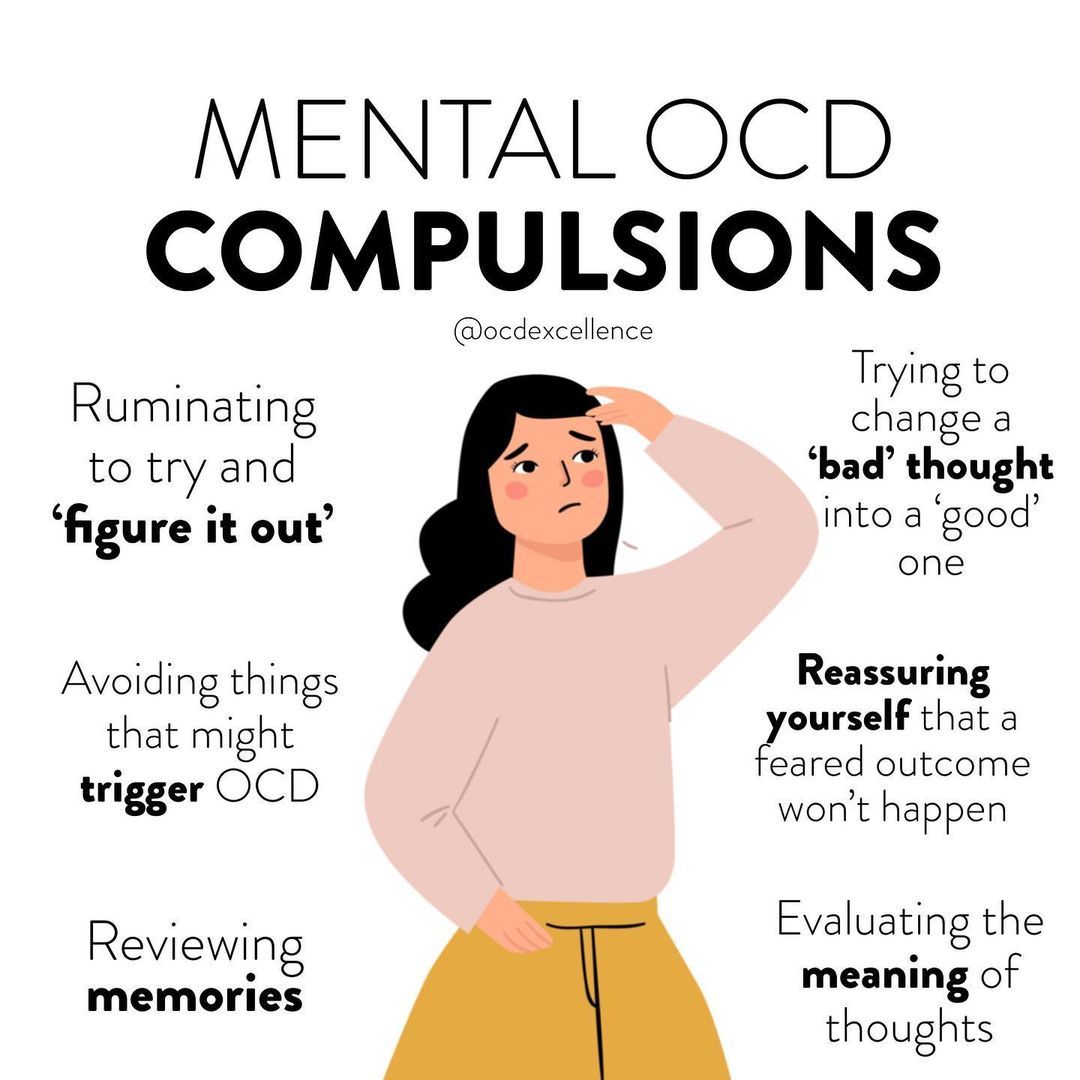You might be thinking off the bat, “This guide isn’t necessary. I don’t need this! I’m too smart to get anywhere near a cult!” I hate it break it to you, but you’re not. There is no doubt you are smart, because if you’re reading this you are most likely a student at McHenry Community College, an amazing two-year school (President Gabbard I expect to be paid in cash for this advertisement), but even the smartest, well-educated people could end up being a part of a cult, whether it is because they grew up in it or they have entered one during the course of their lives.
Many people have this idea in their head that cults are always obvious, but cult recruiters have specific tactics they use to lure people in their group without them realizing what they are signing up for. No one means to join a cult, they are sought after. And guess what — college students are major targets for cult recruiters, so it is important to be alert to a cults’ tactics, here is a basic guide to understanding cults.
#1 Know What a Cult Is
There is not one exact definition of a cult. The modern understanding of a cult is a group of people with extreme dedication to a certain leader or set of beliefs that are often viewed as odd by others. The original term of cult was reserved for religious groups and often cults are derived from religion, but this does not mean that every religious group is automatically a cult. According to MCC psychology professor Dr. Christine Grela, even though cults and religion are remarkably similar, the main difference is control:
“If you want to define a cult specifically, it has to be an autocratic regime. So there is one or two people on top…and they have a lot of control, which of course sounds a lot like religions too. But with religion typically, there’s still flexibility. Like there are plenty of Catholics that don’t do everything.”
When looking for how to define a cult, the most key factor to look for is control and how it plays in the group, which might be hard from an outside perspective.
Step #2: Be able to Spot a Cult
Even if you understand what a cult is, it may be harder to spot one than you think. MCC student Silas (name withheld) explains how he grew up in a cult and how the control he experienced was normalized and never thought of as manipulation.
“It was something that [group members] really believe is just true and right…they don’t think of it as manipulative, which is sort of what I grew up with in this church,” Silas said. “It was … a really intense Evangelical church. And I grew up for a long time as a little kid fully believing that this was the righteous path.”
If someone is fully immersed in the cult, the behavior that the cult exhibits are normalized by its group members, so it may be hard to identify a cult from the outside if no one within the group is reporting any problems.
Silas suggests that the BITE model is an excellent way to check if a group you are a part of is a cult. The BITE model is a list of criteria that you can consider a cult based on how much control they have over you and the more points that you meet on the BITE model, the closer your group is to a cult. There are four tenants of the BITE model: Behavioral control, information control, thought control and emotional control. Silas explains each aspect of the BITE model and how they can occur in a cult.
“Behavioral control is like the base of it…you’re encouraged to behave in certain ways, and that’s just pretty standard in religion…you can apply that to any ethical code,” he said. “And then you get into Information control. You’re restricted on what information you can consume and what information is valid…Then you get into thought control. I see this with a lot of Christian religions, where you can have ‘unchrist’ like thoughts and that is something you are encouraged to avoid.”
Even though those first three aspects of the BITE model are dangerous, Silas warns how emotional control is the most concerning of them all. “Then you get into emotional control, which is the highest tier of the BITE model…If you have reached this level, you are probably in a cult. You are not allowed to express certain emotions.” Using the four tenants of the BITE model could help you analyze how much control a group is attempting to control you and how extensive that control could be. If you have reached the last tenant, emotional control, it is extremely likely your group is a cult.
It is important to recognize each form of control and how they can relate to each other, because the tenants of the BITE model are not separate instances, they are forms of control that can directly lead to each other. Silas provides an example that conveys each form of control and how they can transition into each other: “So into behavioral control, you weren’t allowed to watch TV produced by large companies…. consume food by large companies…. basically anything that was from a large corporation or from institutions that were not strictly their type of Christian, there were literal demons in it,”
He then explains how that behavioral control led to information control, and then to the other forms of control.
“If you were listening to news sources that are not getting the information that should be had, like ‘god-like’ information, they said you were at risk to becoming possessed,” Silas said, “And a lot of times that is what the thought control was based on, if you start having ideas that were anti-church, they would say that you’re possessed, [because] you’ve been listening to sources that are not Christian…And then to cleanse you they would take you and then you’d be put into these, group bible studies, and they would do the emotional control…they’d be telling you ‘you’re bad, but God forgives you.’ And that, like an emotional response, it would sort of break you down…and you’d feel really good after you got back into the church and were cleansed of the demon. And it’s sort of like a vicious cycle.”
Sometimes it could be hard to recognize each form of control, because the transition from one to another can happen so naturally but having a clear idea of each BITE tenant could help you recognize when a group you are a part of is trying to control every aspect of yourself at an extreme level.
Step #3: Understand What Makes You a Target and Why People Join Cults
Remember when I told you that if you think you’re too smart to join a cult, you’re wrong. That is because assuming you are above manipulation can make you more susceptible to it. Grela explained how being overconfident that you won’t be manipulated could help you fall deeper into manipulation.
“I attended a couple workshops about misinformation and conspiracy theories…and it’s amazing how really smart, educated people can still fall into those traps,” she said. “[They] think they know better so they’re never going to fall into something like that…you can become overconfident and not realize that you’re kind of falling down this rabbit hole.”
When someone believes they know better, they allow themselves to lower their guard against misinformation and manipulation, which is what cults want for the people they are trying to recruit.
Another thing cults look for when targeting someone is their life situation. When people are struggling and looking for support or are in a transition period in their life, it will be easier to lure them into your group. Grela explains how someone could look for a target to recruit into their cult.
“Most cult leaders…maybe it’s not the leader, it’s the recruiters, are pretty savvy,” she said. “They find a kid who is vulnerable as a target…. And any predatory person is good at finding a target. A target is really just someone who is isolated and vulnerable for whatever reason…And in a state of transition, so they can open door for someone who is going to give you the sense of belonging, in the sense of structure.”
This is why many cults target students at college campuses, because many students are newly independent and are looking for a sense of community. Cult recruiters take advantage of people needing a sense of community and use the idea of offering structure to lure people into their groups.
Grela explains how a sense of community is a key factor when it comes someone’s vulnerability to cults. “The strongest, most educated person still has a sense or need for community…the best protective factor is not losing your sense of community. So, if you feel completely isolated, like you don’t have someone in your corner, that’s probably the biggest risk factor for a cult.” Understanding how cults typically prey on people looking for a sense of community could help you recognize if you are a target. If you are vulnerable for any reason, like mental illnesses or financial issues, or if you are alone in a place without anyone to support you, be extra cautious of groups you are unfamiliar with trying to invite you into their community.
Step #4: Beware of Manipulation
Other than the BITE model of control, it is important to recognize the more subtle tactics that cults will use to manipulate you. No one is going to come up to you and say “Hey, join my cult!” Grela explains what cult recruiters will do initially, and how they will progress your indoctrination into their cult.
“The first thing they’ll say to you is ‘I think you’re awesome. Talk to me about things’….the things to look for, not just in cults, but kind of in general, is if they’re trying to isolate you….they are really encouraging you to listen to what they have to say. And aren’t entertaining counter ideas. …They will isolate you from your support network.”
The beginning of manipulation from a cult recruiter involves isolation. It could be subtle, like encouraging you to spend more time with the group or stop hanging with people who don’t have the same beliefs as you, and it can progressively escalate into bigger isolation without you realizing it. It is important to recognize the initial red flags so that you can prevent it from getting out of control.
Step #5: How to get Your Loved Ones Out of a Cult
It is never too late to help your loved one out of a cult, although the more time they have spent with a group the more patience it will require to separate them. Silas said having a very dedicated friend helped him separate himself from the cult.
“ I met a friend who sort of stuck by me through being super toxic,” Silas said. “She was telling me that what I was going through was super fucked up and [the cult’s beliefs were] not true… “The things I said to her were absolutely insane. When I was in the church, I told her she was going to go to hell….I think if the only support that you have is within the group you’re in, you’re never gonna get out of there.”
If you are trying to separate a friend from a horrible group they are a part of, it is important to have a lot of patience, because it won’t be easy. They will most likely disregard your concerns, but it is still important to provide a support system that is outside their group, because without that support system they will always end up going back to the group.
Grela’s research supports the idea that having an external support system is a key factor for getting someone out of a cult, “Just knowing you don’t have to be with this cult, that there’s somebody else who wants to offer you community….The biggest thing is just saying ‘I’m here for you’…. just saying come back and be part of my life and offering them more love and support,”. It will take a lot of patience, but providing people unconditional support despite their false beliefs will give them structure outside the cult and will provide a passage away from the cult.
Even though it may be tempting to point out the lies created by the cult, Grela also says it may be even more harmful to point out the misinformation that they believe in.
“All the research on misinformation is that you don’t even want to repeat the misinformation, even if you’re like ‘This is what they’re saying and it is not true’ because what people remember is what you said and so you’re kind of reinforcing the false message as you try to convince them it’s wrong. You just want to be like, ‘Here are the actual facts’…and that’s all you say….It is such a difficult position because you got to do it in a very calculated way and you can’t act emotionally.”
It is important to not act on your emotions and directly challenge their beliefs when trying to help your loved ones out of a cult, because that could cause them to detach from you and go even further into their false beliefs. Providing consistent support is key to helping someone out of the cult.
Despite how the media portrays cults, they aren’t always obvious, but they can mimic the everyday groups with which you interact. It is important to recognize that anyone, no matter how educated or intelligent they are, can be lured into a cult. Cult recruiters can exploit weaknesses of people’s circumstances. Understanding things like the BITE model and what the characteristics cult recruiters look for will keep you more alert to the suspicious behavior cults can exhibit and help you protect yourself against their harmful behaviors.



